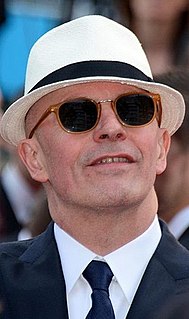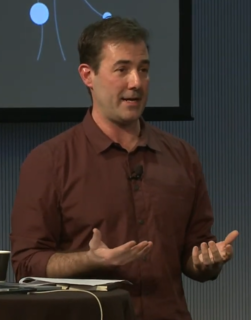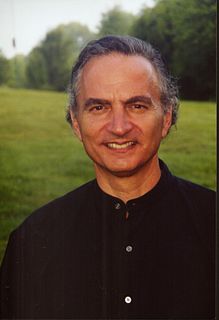A Quote by Jennifer Egan
But I always need to identify with a character to write about him or her - and by 'identify,' I mean see the world through that person's eyes and have a strong sense of the inner logic of their acts and decisions, wacky or wrongheaded though they might be. In that sense, I think there's some of me in all of them.
Related Quotes
But I always need to identify with a character to write about him or her - and by "identify," I mean see the world through that person's eyes and have a strong sense of the inner logic of their acts and decisions, wacky or wrongheaded though they might be. In that sense, I think there's some of me in all of them.
A character does seem to have a life of its own, but I have what I'd describe as a very fluid relationship with them - as I'm thinking of what they will be like, they shift in and out of focus - they are a projection of some idea inside of me, even if a character is inspired by an actual person, I'm well aware that it is not that person. My job is to identify the essence of the character, and to bring them to life long enough to commit the acts, say the words or simply "be" in a way that allows them to affect and be affected by other elements and events in the imaginary world of a story.
I think 'Scarface' is a great film, but if you have a character like Tony Montana, you don't identify with him at all. I think it's very interesting instead to identify yourself with a character you don't like all the time. You can create a tension between the fiction and the viewer. You force the spectator to wonder about his actions.
These algorithms, which I'll call public relevance algorithms, are-by the very same mathematical procedures-producing and certifying knowledge. The algorithmic assessment of information, then, represents a particular knowledge logic, one built on specific presumptions about what knowledge is and how one should identify its most relevant components. That we are now turning to algorithms to identify what we need to know is as momentous as having relied on credentialed experts, the scientific method, common sense, or the word of God.
To be brutally honest, for much of that time, I was the only person in the world with Parkinson's. Of course, I mean that in the abstract. I had become acutely aware of people around me who appears to have the symptoms of Parkinson's disease, but as long as they didn't identify with me, I was in no rush to identify with them. My situation allowed, if not complete denial, at least a thick padding of insulation.
I could characterize nearly any spiritual practice as simply this: identify and quit, identify and quit, identify and quit. Identify the myriad forms of limitation and delusion we place upon ourselves, and muster the courage to quit each one. Little by little, deep inside us, the diamond shines, the eyes open, the dawn rises, we become what we already are.
There are six senses: five are outer; they tell you about the world. I say something about the light; without eyes you will not know light. Ears say something about the sound; without ears you will not know anything about the sound. There is a sixth sense, the inner sense, that shows and tells you something about yourself and the ultimate source of things. That sense has to be discovered. Meditation is nothing but the discovery of the inner sense.





































